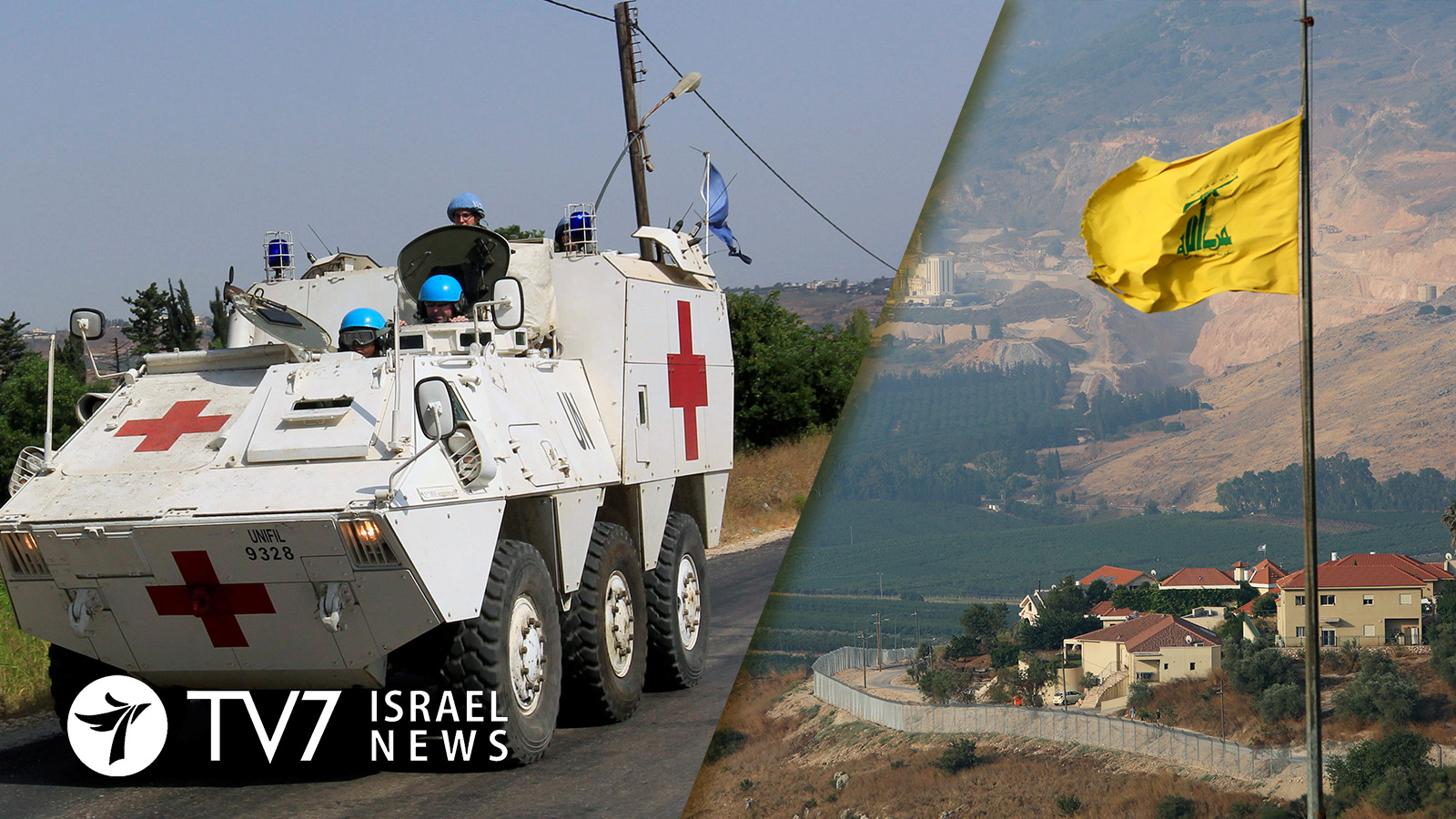The United Nations Interim Force in Lebanon (UNIFIL) launched an investigation into the latest escalation along the border of Lebanon and Israel.
At a press briefing, UN Secretary-General Deputy Spokesman Farhan Haq revealed that UNIFIL Commander Maj. Gen. Stefano Del Col immediately established contact with both the Israel Defense Forces (IDF) and Lebanese Armed Forces “in order to contain the situation, decrease tension and restore the cessation of hostilities.”
The UN spokesperson further noted that “calm has returned to the area and UNIFIL is maintaining its presence on the ground,” and that the peacekeeping group “has launched an investigation to determine the facts and circumstances of the incident;” in reference to Hezbollah’s failed cross-border incursion.
TV7 was informed by UNIFIL Spokesperson & Chief of Strategic Communications and Public Information Andrea Tenenti that “Our teams are on the ground to collect evidence and draft the final report that we will give to the parties (Lebanese and Israeli authorities) and to the UNHQ in New York,” but that a “timeframe for the conclusion of the investigation” has not been determined.
She added that “UNIFIL is communicating only with the recognized parties namely IDF and Lebanese Armed Forces (LAF). We also have regular meetings with the Lebanese authorities: PM, President, Speaker of the Parliament, MoD, Min. of Foreign Affairs,” and others. We continue to be fully engaged with the parties (IDF and LAF) to ensure stability, defuse tension and preserve calm along the Blue Line.”
“ We are closely monitoring the situation along the Blue Line with more than 450 activities per day (24/7) – foot/vehicle/air and night patrol – to ensure the stability that we have been able to preserve for the last 14 years (longest period of stability that the south of Lebanon has witnessed in its recent history), thanks to the commitment of the parties to UN Security Council Resolution 1701,” the UNIFIL Spokesperson told TV7.
She stressed that “One of the most important elements is the commitment of the parties to the cessation of hostilities and to work with the Mission to protect the Blue Line from any escalation. The situation has been tense, and we need to prevent any miscalculation therefore our 24/7 presence on the ground and constant engagement with the main key players is of paramount importance. I don’t see any appetite for a conflict, despite the recent incident. Rhetoric is different from the reality on the ground, the general situation is now calm and there is a general feeling of keeping the tension low.”
While a tense calm persists on Israel’s northern front, intelligence experts warn that Hezbollah’s proactive intention to attack Israel has not receded.
Among others, Project Director on Regional Developments at the Jerusalem Center of Public Affairs Brigadier Gen. Yossi Kuperwasser, who formerly served as the head of the research division of the IDF Military Intelligence division, told TV7 that “The situation is not over.”
General Kuperwasser stressed that “The current Muslim feast, Eid El-Adha, may have delayed (Hezbollah’s) attempts to attack Israel – however, they will persist with these efforts.” He further explained that “The current situation between Israel and Hezbollah is practically over the rules of engagement in Syria.”
“Hezbollah aims to deter Israel over targeting its operatives that are working with Iran in Syria on projects that are meant to improve Hezbollah’s capabilities to strike Israel,” said Gen. Kuperwasser, emphasizing that, “This is something Israel cannot accept.”
